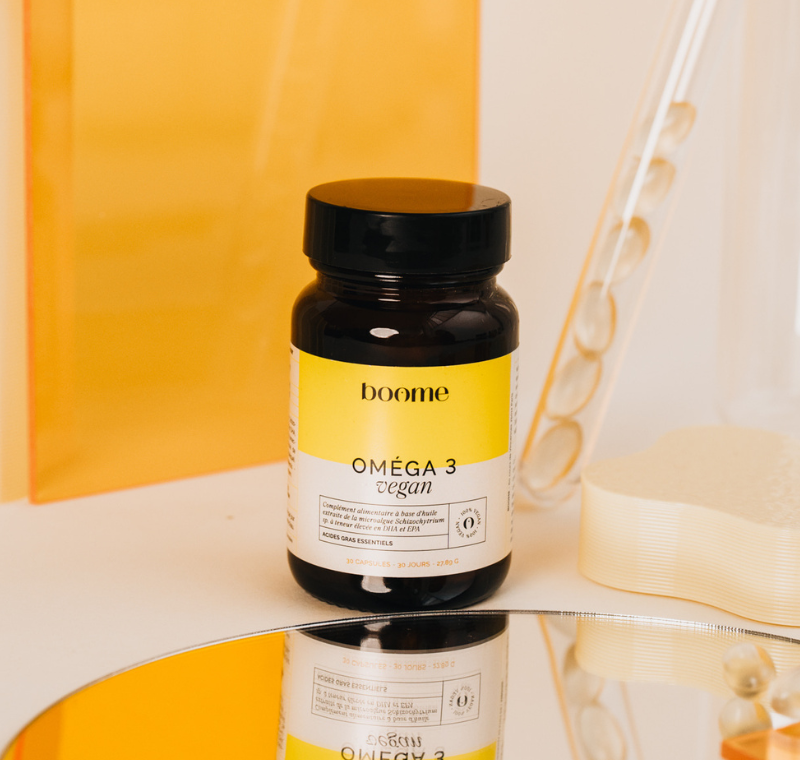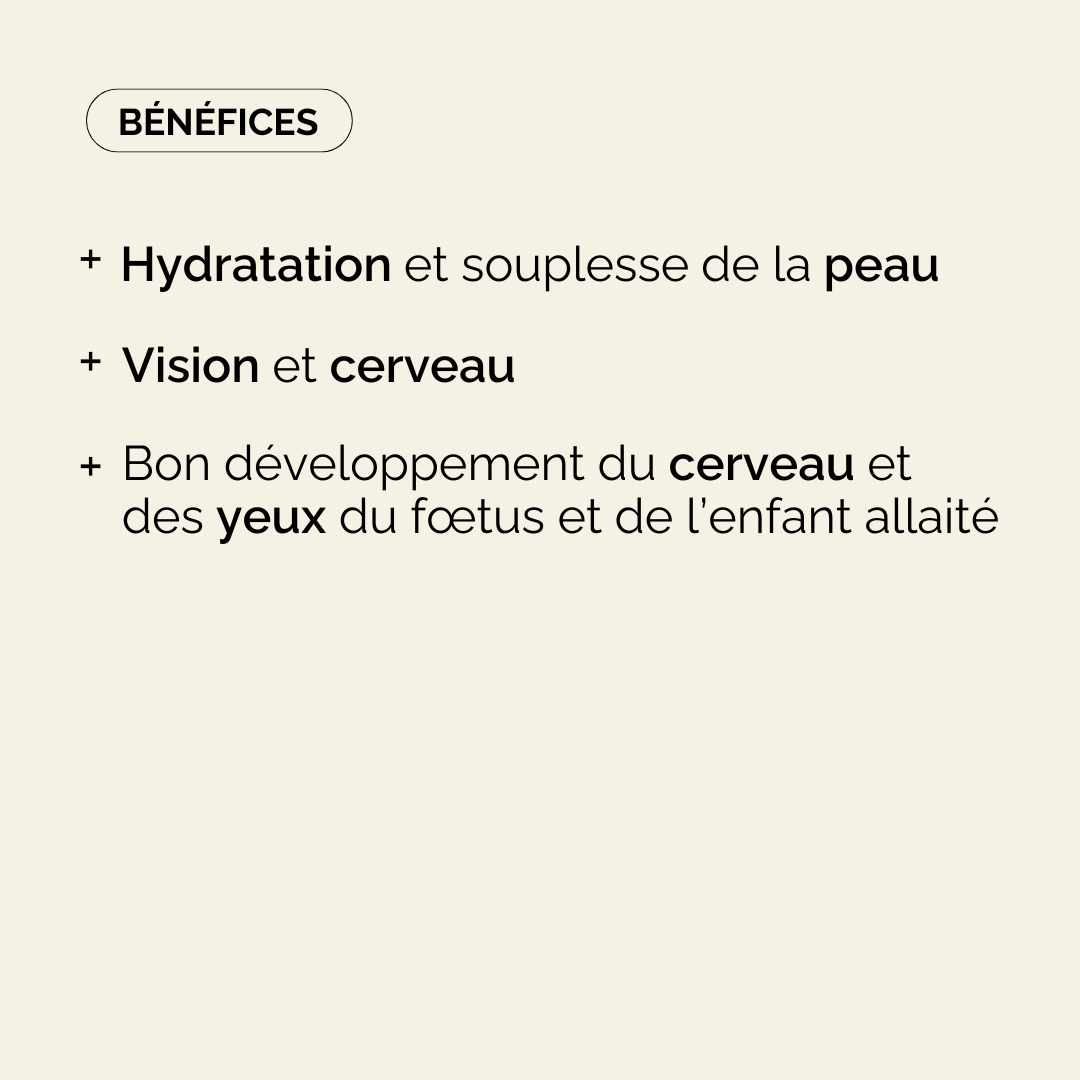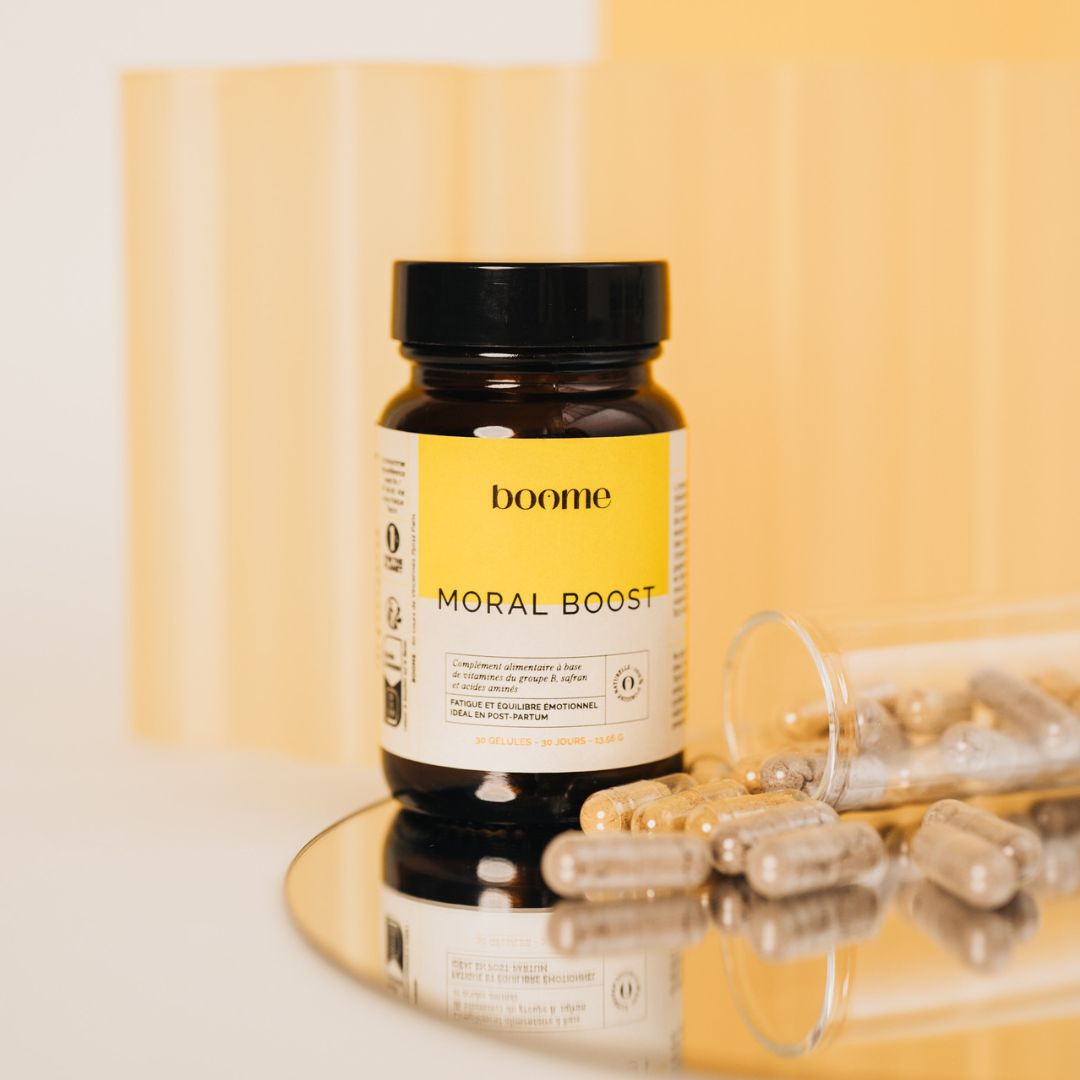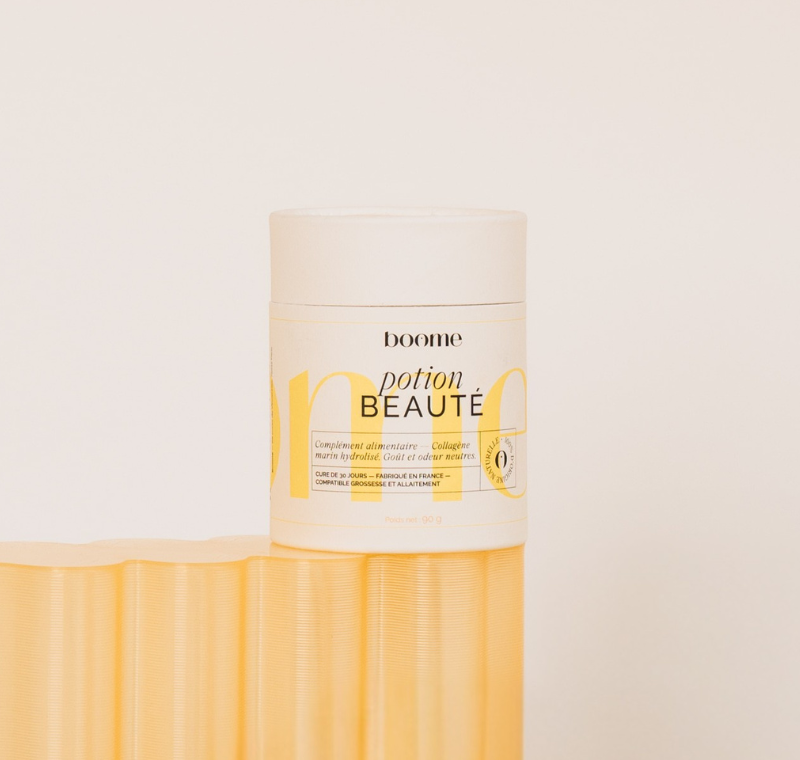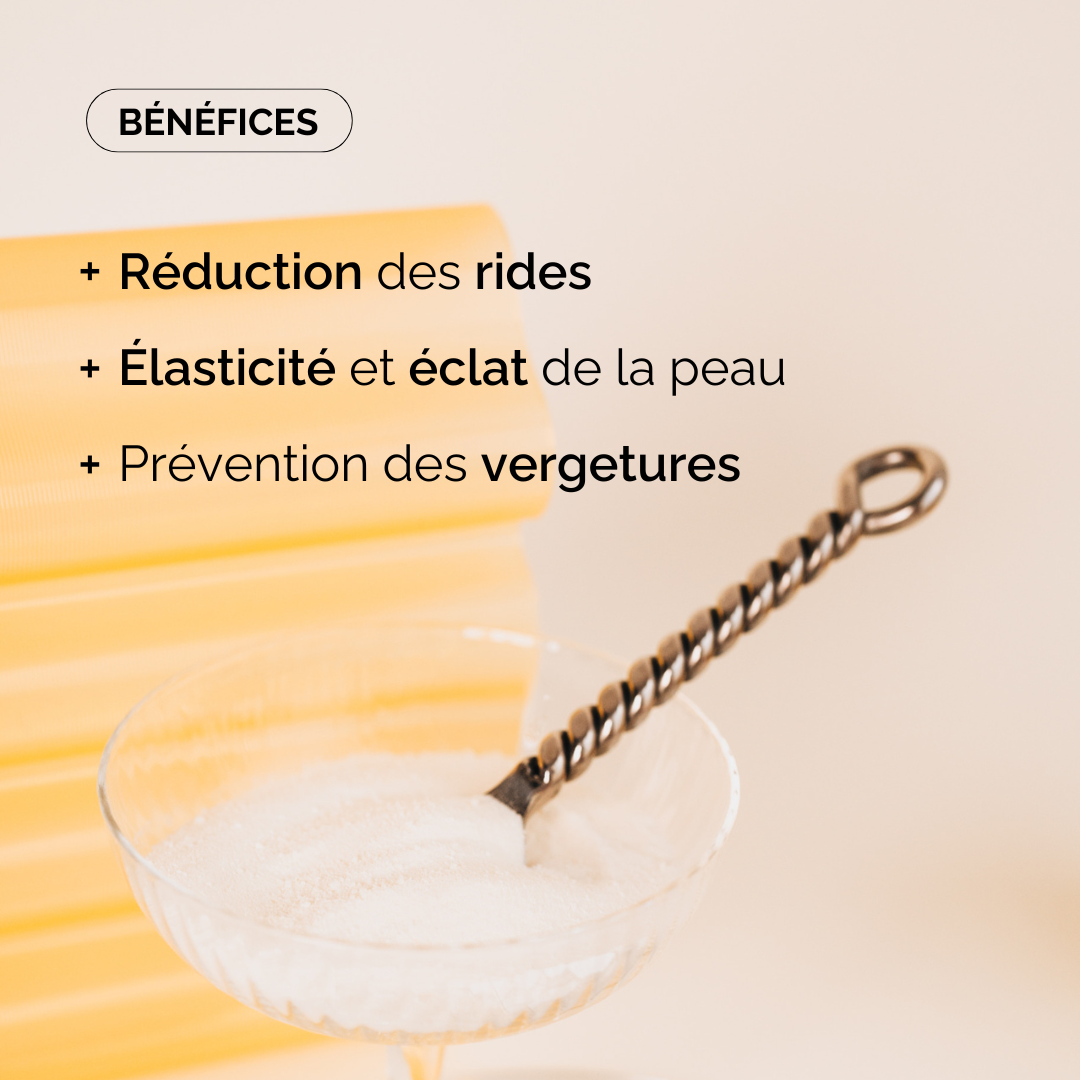
Ah, libido... This word is so often uttered, but it can turn out to be a real mystery for many women. And for you too, perhaps! Because, have you ever wondered why your desire fluctuates constantly? Why it sometimes seems to escape you, without being able to control it? Good news: you are not alone. Moments of stress, hormonal changes, simple fatigue... Women's libido is influenced by a multitude of factors. This article aims to shed some light on this and explain all the reasons behind these fluctuations. We warn you, you're going to become an expert on the subject - go !
What does libido look like in women?
Libido is, quite simply, sexual desire. Or rather, think of it as a vital energy, which can manifest itself in different ways in each of us. We often perceive it as the driving force behind our intimate lives, as it influences our desire to share moments of pleasure with our partner.
In women, sex hormones play an important role in the proper functioning of the female libido, through:
- the level of estrogen (produced by the ovaries) which promotes vaginal lubrication;
- androgens (male hormones produced in small quantities) which encourage sexual arousal.
Men, on the other hand, see their libido more influenced by testosterone.
Female libido is complex and generally multifactorial. Contrary to popular belief, female desire is not fixed! It evolves according to:
- our way of life;
- our personal experiences;
- psychological and relational factors;
- certain emotional contexts.
For example, be aware that stress, fatigue or hormonal changes can impact your desire to engage in sexual activity.

Achat express
The evolution of libido in women
Women's libido is constantly evolving, influenced by the stages of life they go through.
During the cycle, ovulation and menstruation
You've figured it out: female libido is closely linked to the fluctuations in sex hormones that occur throughout the menstrual cycle. If you're at the beginning of your cycle (during your period), you may experience a drop in libido. Or, conversely, a much higher sexual appetite.
Around day 14 of the cycle, the time of ovulation, we often notice a peak in libido. Yes, nature has done well! The body is then at its most fertile, and our sexual desire follows suit, becoming more intense. Our hormone production reaches high levels, which tickles our sexual arousal, and fuels a need for intimate connection. This rise in desire is therefore a natural response of the body that promotes reproduction. Even if, of course, it is not always conscious or linked to a pregnancy plan.
After ovulation, the luteal phase begins, with a drop in estrogen and an increase in progesterone! Some women may experience a decrease in sexual desire. This lack of libido leads to the famous premenstrual symptoms such as:
- irritability;
- fatigue;
- pelvic pain.
So, we may feel less like being sexually active. And that's okay: sexual pleasure isn't on command and will return later. So, always listen to yourself.
During pregnancy
Pregnancy, unsurprisingly, is a period of significant hormonal upheaval. And as such, it impacts female libido in various ways.
Often, the first trimester is not the most opportune time for life as a couple, in particular because:
- nausea;
- vaginal dryness;
- fatigue;
- general discomfort.
Your body is doing its best to adapt to its new condition. And you may temporarily feel a certain lack of desire. Add to that the anxiety associated with all these physical changes, and the arrival of the baby... But, again, don't panic: this is completely normal!
In the second trimester, your intimate relationship may evolve. Some women notice a boost in libido. The ups and downs of the first three months are over, and you feel in good shape. Sexual desire may even become more intense due to increased blood flow to the vagina and more abundant vaginal secretions.
Then finally comes the third trimester, the final stretch! Some will feel fulfilled, eager for intimacy. Others will notice a complete lack of libido, too encumbered by their baby—or too tired. Still others will be concerned about the baby's safety and physical comfort. All of this influences whether or not they want to have sex.
During menopause
Menopause marks a significant transition in many women's sex lives. During this time, hormone levels (estrogen and progesterone) decline significantly. These hormonal imbalances can lead to a decrease in libido and some much-needed symptoms, such as:
- hot flashes;
- vaginal dryness.
In short, enough to make sexual intercourse potentially uncomfortable, even painful.
However, who said menopause meant the end of a thriving sex life? Not us! Because while some women notice a decrease, or even a lack of sexual desire... Others experience this period as a new form of freedom. Bye-bye , worries about hormonal contraceptives. They can finally explore their sexuality with complete peace of mind. And this can translate into a boost in libido.
What can cause a woman's libido to drop?
There are many different factors that can cause a woman's libido to drop. Here are the most common ones.
1. Stress and fatigue
Unsurprisingly, fatigue and stress are not the best allies for women's libido. And they can affect it more or less severely.
It's hard to feel sexual desire when you're stressed because of:
- problems at work;
- of personal worries;
- family responsibilities.
A lot of mental overload, little relaxation: in short, nothing that allows us to concentrate on certain sensations of pleasure.
Physical fatigue, on the other hand, can drain the energy needed for good sexual health. Whether it's related to a lack of sleep or a busy schedule, it can affect our mood. And therefore, our desire to share intimate moments with our partner.
2. Hormonal treatments and disorders
As you can see, hormones play a central role in regulating libido. Therefore, a lack of hormonal balance can have a direct impact on sexual desire. It's also worth remembering that certain hormonal contraceptives, such as the pill, can sometimes reduce sexual desire.
Some medical treatments can also affect libido. For example:
- antidepressants;
- thyroid treatments;
- certain blood pressure medications.
All of these avenues can thus reduce libido.
3. Excessive alcohol or drug use
Unsurprisingly, alcohol and drugs are bad for the libido, especially when consumed excessively.
Alcohol can:
- affect the central nervous system;
- reduce our sensitivity;
- make it more difficult to become aroused and reach orgasm.
Recreational drugs can also have adverse effects on libido, as they can disrupt hormonal balance and normal brain function. They lead to a decrease in sexual desire, as well as dysfunctional disorders:
- erection problems in men;
- lack of lubrication in women.
4. Painful or unsatisfying intercourse
Pain during intercourse can occur for various reasons:
- vaginal dryness;
- infection ;
- endometriosis ;
- physical trauma.
So, if making love becomes a source of pain, it is normal to see your desire decrease significantly.
But we can also feel a lack of sexual satisfaction because of:
- of incompatibility with the partner;
- from a lack of communication;
- difficulty reaching orgasm (even if it is not necessary to have pleasure).
We can then feel "obliged," and we have less desire. We thus gradually lose interest in sex.
5. Sexual disorders or trauma
If you've experienced sexual dysfunction or a history of sexual trauma, it can have a profound and lasting impact on your libido. Whether it's sexual violence, coercion, or abuse, the psychological scars you carry can prevent you from enjoying your sex life.
These wounds don't necessarily involve violence: just having had repeated negative sexual experiences is enough to feel a drop in libido. And with that, shame, guilt, and a negative body image.
6. Diseases
Libido can also be impacted by certain illnesses such as:
- hypothyroidism;
- depression;
- diabetes;
- cardiovascular diseases;
- autoimmune diseases.
These lead to physiological changes, sometimes intense, which can make sexual intercourse less pleasant or even more difficult.
In short, women's libido is far from being an exact science. It evolves according to the periods we go through, our hormonal fluctuations, and our psychological state of health. If you feel compromised in your sexual health, know that it is not inevitable: consult a health professional (general practitioner, sexual counselor, etc.) without delay. And together you will find the right solutions to make peace with your female pleasure and see how to increase your libido . Like working on your stress management, reviewing your diet or taking a dietary supplement for libido for example.




